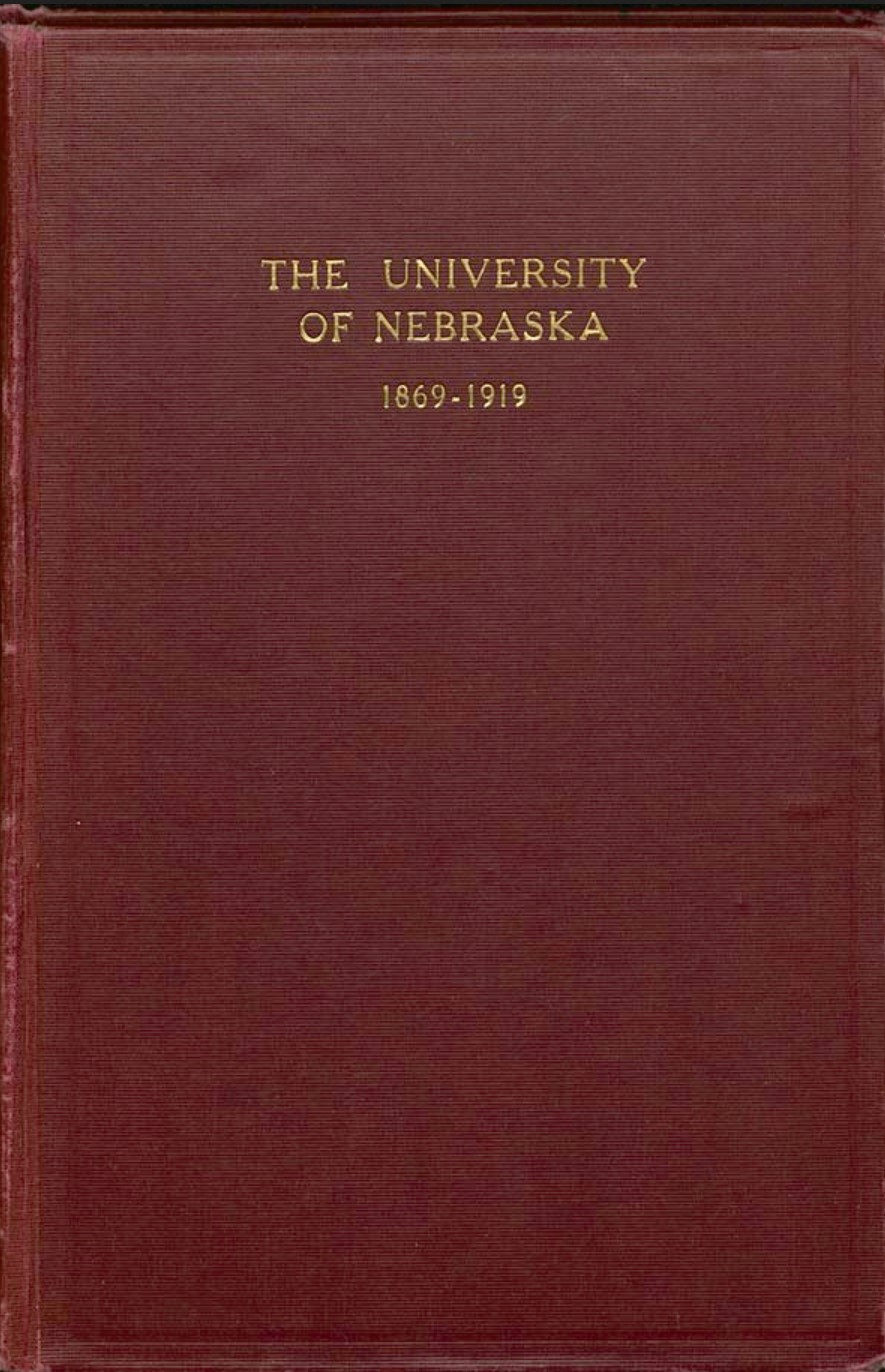086
Item
-
Title
-
086
-
Description
-
Semi-Centennial Anniversary Book: The University of Nebraska, 1869-1919
-
Transcription
-
the vacancy, and at the regular election of that year he was chosen for the remainder of Hungerford's term. He was elected for another term in 1881. Judge Tuttle remembers him as a man of fine character and spirit; but he was the last clergyman on the board. The inevitable radical reaction against the ecclesiastic regime, which culminated in 1882, stood pat, unwisely as I think.
Considering the character of the pioneer population and the paucity of numbers to choose from, the legislatures were clearly more discriminating than the people at large have been in their choice of regents. Of those well adapted to the delicate and difficult task of establishing the university, Dungan, Fuller, Chase, Longley, Savage, Hungerford, Barrows, Bear, and Tuttle deserve mention. All were marked by more than ordinary character, education, and intelligence. That by the legislative plan two democrats could be chosen and that two such democrats as Savage and Bear were chosen is highly to its credit. I knew them, Horatio,—both "of most excellent fancy." Judge Savage was a man of that peculiar cast which inspires, holds, and deserves public confidence. Moreover, at the time in question his profession had not become for the most part the mere handmaid of business, and, in some sort, it still lived up to its reputation as the learned profession, as Judge Savage did. Dr. Bear was the Virginian gentleman. Speech came mended from his tongue with the soft touch and melodious cadence of the South. He took part of the college course of the University of Virginia and his medical degree, in 1860, at the University of Maryland. He had begun to practice when he was caught in the vortex of the war serving—on the Confederate side of course—the full four years, three of them as surgeon—prime preparation for his very successful medical career, which he resumed in Nebraska in 1866, settling permanently at Norfolk in 1872. Not long ago he retired with a handsome competence to Richmond, Virginia, his boyhood home.
Judge Tuttle, now working out, hale and hearty, his fiftieth year of continuous practice at the Lincoln bar, had been college bred in Michigan and was encouraged for the
-
Rights
-
To inquire about usage, please contact Archives & Special Collections, University of Nebraska-Lincoln Libraries. These images are for educational use only. Not all images are available for publication.



